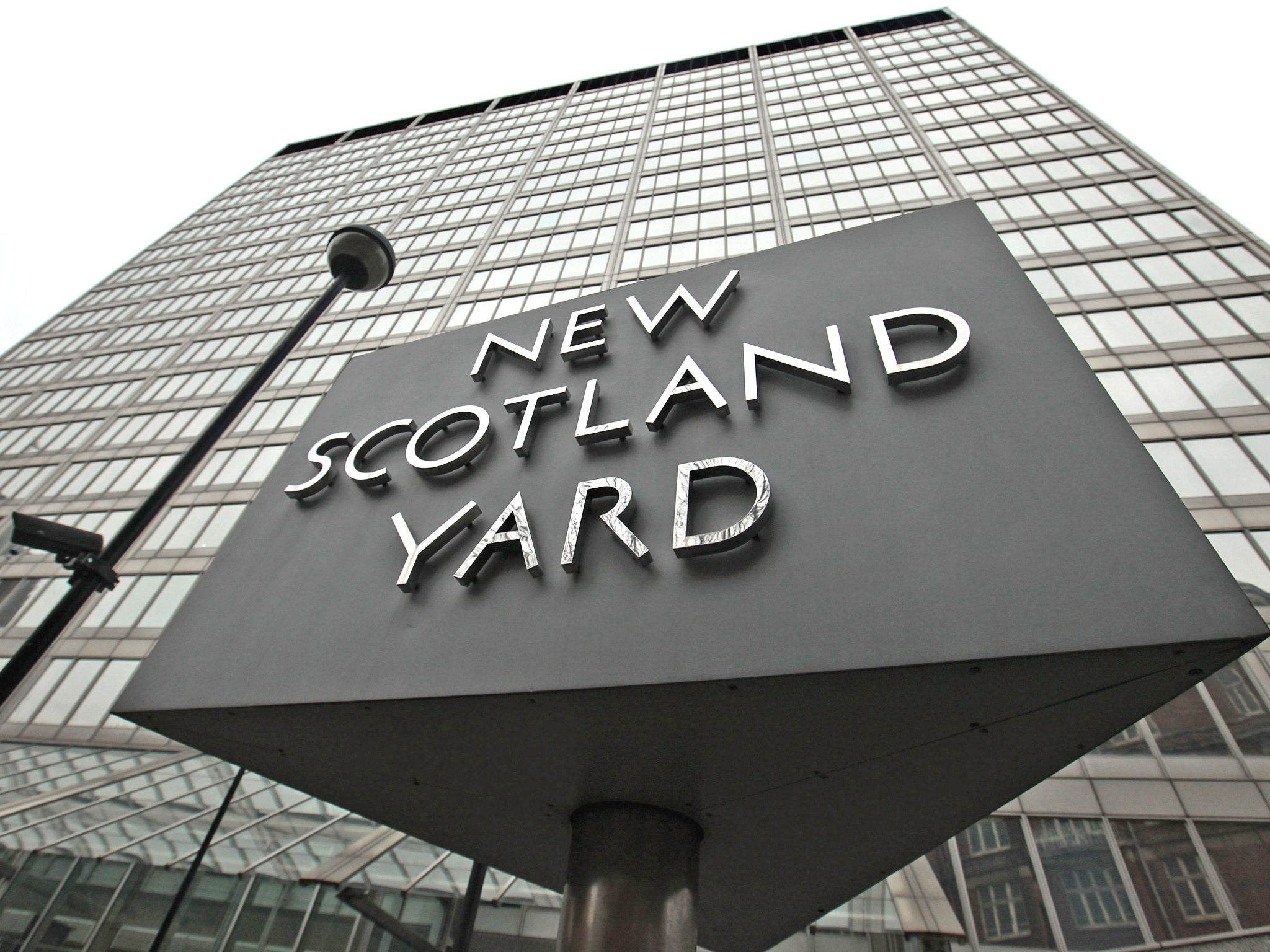Scotland Yard accused of being complicit in torture for failing to investigate UK’s role in alleged war crimes

Scotland Yard has been accused of being complicit in torture for failing to investigate the UK’s role in alleged war crimes.
In a letter to Metropolitan Police Commissioner Bernard Hogan-Howe, seen by The Independent, the force has been warned that it faces legal action for refusing to examine the part British officials played in the rendition of two men captured in Iraq.
Leigh Day, the legal firm representing Yunus Rahmatullah and Amanatullah Ali, who have both been held at Bagram Airbase without charge for more than seven years, has written to advise that they are seeking to take a Judicial Review to challenge the Met’s decision not to investigate “complaints against British officials for aiding and abetting the unlawful rendition and torture”.
The revelations come at a time of increasing international pressure for the US and the UK to open up to scrutiny on the issue of rendition. This week UN special rapporteur Ben Emmerson, in a speech before the UN Human Rights Council in Geneva, demanded the Government publish interim findings of the Gibson Inquiry into whether MI5 and MI6 aided and abetted the rendition and ill-treatment of terrorism suspects.
Both Mr Rahmatullah, 30, and Mr Ali were arrested by British forces in Baghdad in 2004 before being handed over to the Americans. Almost a decade later they remain captive, a situation which Mr Rahmatullah’s family insist has left him in “catastrophic mental and physical shape”.
Last year the Supreme Court ruled that forcible transfer of Mr Rahmatullah from Iraq to Afghanistan by US forces appeared, at least on a prima facie basis, to be a breach of the Geneva Convention. It agreed the UK Government was unable to enforce his return.
But Lord Kerr added: “In these circumstances the UK Government was under a clear obligation, on becoming aware of any failure on the part of the US to comply with any provisions of the (Geneva Convention), to correct the situation or to request the return of Mr Rahmatullah.”
Yet despite requests that the UK’s involvement should be inspected, the Metropolitan Police has refused to do so, explained Kat Craig, legal director of the human rights charity Reprieve, which is supporting the case.
“It is the Met police’s job to investigate allegations of war crimes. The highest court in the land has already said that there is evidence of British officials’ involvement in war crimes related to the on-going detention without charge or trial of Yunus and Amanatullah, who languish in prison to this day.
“So why isn’t the Met investigating? Their failure to do so protects the UK officials involved and makes the Met complicit in the torture and possible war crimes at the centre of this disgraceful affair,” she said.
In its letter to Mr Hogan-Howe, Leigh Day insists that the Metropolitan Police – as the UK;’s force with the responsibility for investigating war crimes - has a duty to examine the role of UK officials in failing to object to the men’s unlawful transfer or take corrective steps. War crimes have universal jurisdiction, whatever the person’s nationality or whether the crime was committed within the UK or not.
However, responding to the accusation Andrew Fairbrother, of the Met’s Directorate of Legal Services, insisted the Commissioner of Police of the Metropolis would defend any claim for judicial review.
In a letter in response, Mr Fairbrother pointed out that neither Pakistani men were citizens of the UK, they had been captured in an area controlled by the Americans and handed over to the US under an agreed Memorandum of Understanding. Any alleged breaches of the Geneva Convention were by the US, he added, and that the UK’s failure to comply with its obligation to seek Mr Rahmatullah’s return was under international law and therefore the question of a UK breach did not arise.
Mr Fairbrother continued that, in the Metropolitan Police’s view, there was not “sufficient legal or factual basis on which to commence a criminal investigation”.
There was no duty placed on the force to examine such allegations abroad, he said, adding: “The MPS has not abdicated any of its responsibility…the MPS has expended a very significant amount of resources – both human and financial – on investigating allegations of this nature.”
The threatened judicial review came in the same week that the British barrister Ben Emmerson QC, the UN special rapporteur on counter-terrorism and human rights, demanded that the UK publish the interim findings of the report by Sir Peter Gibson into whether its security and intelligence agencies had been implicated in the improper treatment of detainees in the aftermath of the 11 September attacks.
He said it was time to end years of “official denials, sophistry and prevarications,” adding; “Holding those responsible to account is now the only way of genuinely drawing a line under the past.”
Subscribe to Independent Premium to bookmark this article
Want to bookmark your favourite articles and stories to read or reference later? Start your Independent Premium subscription today.

Join our commenting forum
Join thought-provoking conversations, follow other Independent readers and see their replies